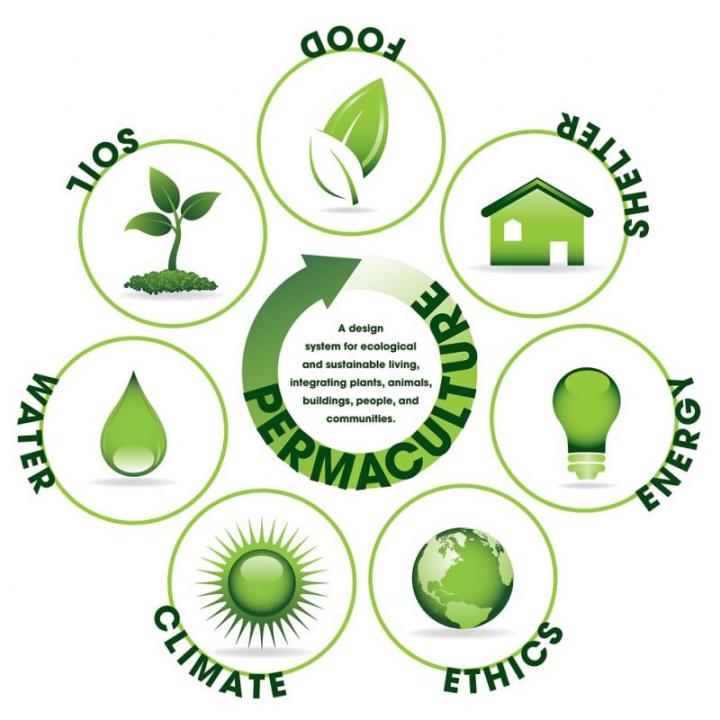
SUSTAINABILITY FACTS ABOUT HONG KONG
- Our reservoirs have a capacity of 120-150 cubic meters of water per person per year. The UN considers regions with less than 500 cubic meters per person to be water stressed.
- Our electricity comes primarily from unsustainable coal, natural gas and nuclear power. Converting to renewable energy is a process that will take many decades, requiring more time than we have if we hope to avoid catastrophic climate change.
- Our landfills will be full by 2017. 40% of the garbage going to our landfill is food waste.
- Over 95% of our food is imported, the majority coming from the mainland. 70% of mainland surface water is polluted. The area of land contaminated by heavy metals has been classified a state secret.
On the one hand we may feel overwhelmed by these facts, and the state of gridlock in Hong Kong’s political system may cause us to just throw up our hands. On the other hand, can we rely on bureaucratic governments, quarterly profit-driven corporations or ineffective NGO’s to solve these issues? Instead, can citizens band together to work on local, small scale solutions that may bring about the seeds of change?
Permaculture courses create a forum for specialists and non-specialists alike to discuss, design and most importantly build small scale solutions to ecological problems. Unlike traditional education, it is active, field-based and hands on. Working together in teams guided by an instructor, participants learn about ecology and design solutions that are modelled on natural systems and based on the following core principles:
- Care of the earth: Provision for all life systems to continue and multiply. This is the first principle, because without a healthy earth, humans cannot flourish.
- Care of the people: Provision for people to access those resources necessary for their existence.
- Return of Surplus: Reinvesting surpluses back into the system to provide for the first two ethics. This includes returning waste back into the system to recycle into usefulness.
The government’s solution to our water deficit is to import water from the mainland. As economic growth on the mainland drives ever increasing demand for water, we will face greater competition for this water. The permaculture solution is to instead apply the ancient technique of rainwater harvesting. During the rainy season, water is collected and stored in tanks to be used when water is scarce. This gravity-fed system not only reduces the need for imported water but also reduces electricity consumption (4% of total electricity consumption globally is used to pump and treat water).
To address our energy and climate change issues, environmentalists promote converting to renewable energy. However, due to factors such as the high water vapour content and pollution in the air, the efficiency of solar panels in Hong Kong is quite low. With limited land, wind farms would need to be located in the ocean, an extremely expensive proposition.
Permaculture instead advocates energy conservation by designing and retrofitting buildings with passive cooling. Continue reading “Permaculture”










